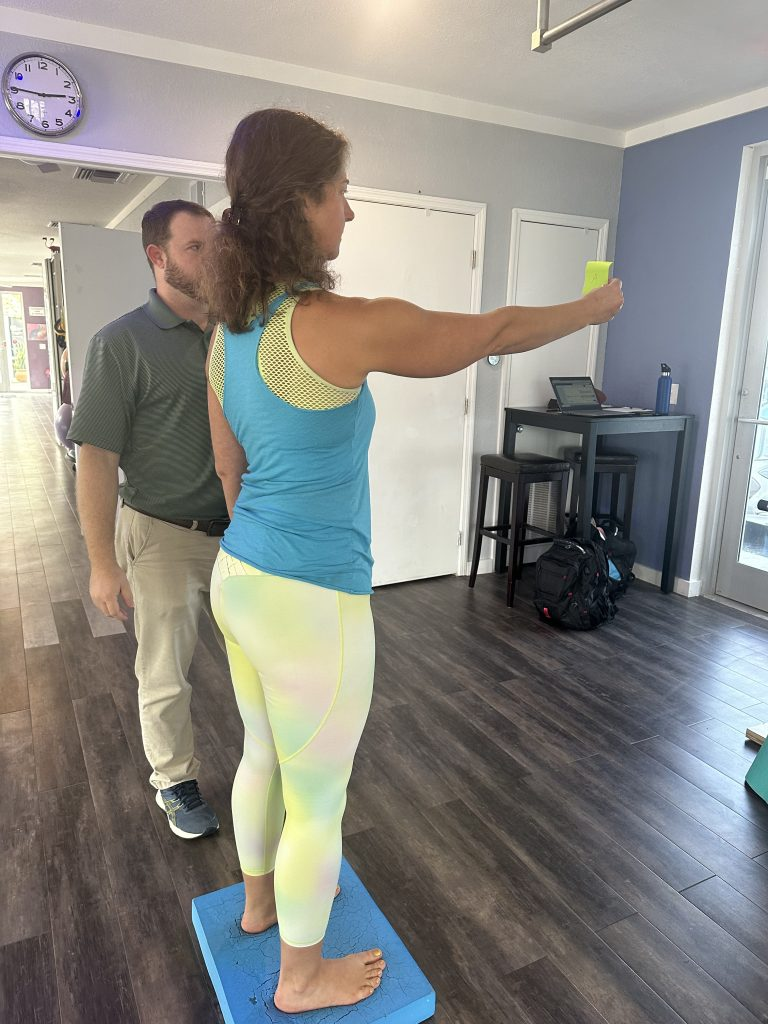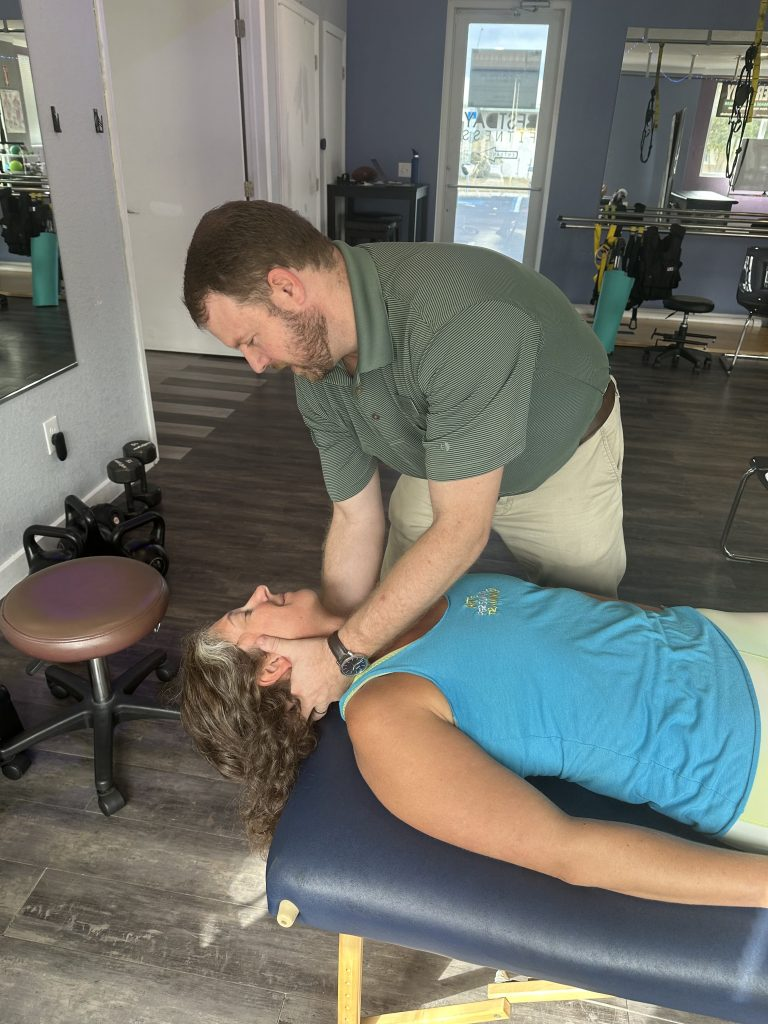What is the Vestibular System and what does it do?
Your vestibular system is one of your main balance systems in your body. The majority of your vestibular system is located in your inner ear, next to your auditory canal. It’s main function is to detect head motion against gravity to tell your brain where your body is in relation to gravity, and if you are accelerating/decelerating. Think of this system as your body’s internal gyroscope. It is a very important system to help maintain balance.

What are some symptoms of Vestibular Issues?
Due to the function of the vestibular system, any damage or decreased function of the vestibular system can cause issues with dizziness, decreased balance, light-headedness, and feelings of nausea.
What are some common disorders of the Vestibular System?
Benign Paroxysmal Positional Vertigo (BPPV):
The most common vestibular disorder. This is caused by crystals becoming dislodged in your vestibular canals. Most common symptom is vertigo (feeling of spinning in circles) and may cause some nausea and sweating. Symptoms usually last 15-30 seconds and most commonly occurs when lying down in bed or rolling over in bed.
Vestibular Hypofunction:
This is a decrease in the strength of the vestibular system itself. This is typically a more chronic condition and may be caused by aging, reactions to medications, or following an infection. Symptoms usually include feeling off balance and dizzy, blurry vision, and inability to walk in a straight line. Most symptoms typically occur when turning your head quickly.
Orthostatic Hypotension:
While not a true vestibular disorder, this condition can present with similar symptoms as a vestibular issue. This is a feeling of lightheadedness and potentially even brief loss of consciousness from quickly standing from a lying down or sitting position. This is due to having a decrease in blood pressure when standing. This becomes more common as people age, and those with blood pressure issues and/or are on blood pressure medications. This can also be caused by dehydration, low blood sugar, or overexposure to heat such as a hot tub or the sun.
These are just a few common examples, as there are many more issues and conditions that affect the vestibular system. Your physical therapist will be able to work through your specific complaints and perform any tests needed to further diagnose your issue.
How can a Physical Therapist help?

By providing a thorough examination and talking about your specific complaints, your therapist will be able to provide you with specific recommendations and exercises to help based on your specific diagnosis and complaints. The important thing is finding a therapist that is familiar with vestibular conditions, as most certified vestibular therapists have undergone extra training, in addition to their physical therapy schooling to help with this. PTs with help with managing your symptoms while providing the most appropriate exercises for your recovery. It is important to see your PT as soon as you begin to feel dizziness symptoms, as the vestibular system tends to recover quickest the closer it is to the initial injury.
If you are experiencing dizziness, contact our experienced vestibular therapists at Neubility Rehabilitation and Wellness in Pinellas Park for an assessment.


